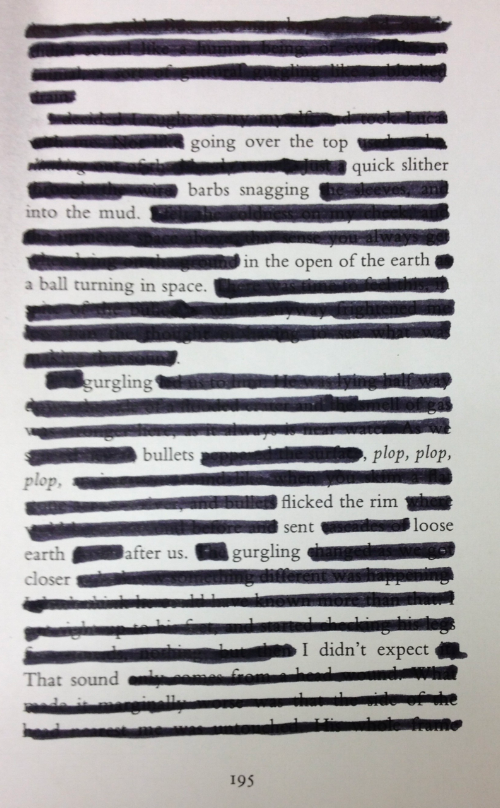It’s Not Your Fault, But It Is Your Problem: The Price of Leadership is Responsibility
Edvard Munch ‘Vampire ii’
'Most people do not really want freedom, because freedom involves responsibility, and most people are frightened of responsibility.'`
Sigmund Freud
My mate Steve was a top Account Man. He was personable and practical, creatively supportive and commercially astute. And he brimmed full of optimism and enthusiasm.
So, when our financial services clients commissioned an ad featuring a Hollywood Star, they asked Steve to attend the shoot in person, in order to ensure that everything went to plan.
The Hollywood Star was co-operative, easy-going and warm-hearted.
Her Hollywood Agent, however, was more challenging. Brittle and defensive, she was protective of her boss’s time and sceptical of the Director’s talent. At every twist and turn, she criticised and complained.
As the production reached its climax, the Hollywood Agent demanded that a whole day’s shoot be rearranged to accommodate her client’s social schedule.
Steve tried to reason with her, explaining that the process was carefully constructed and precisely thought through.
At length, the Hollywood Agent tapped her perfectly-presented nails on the table, looked Steve in the eye, and addressed him in her brusque New York brogue.
‘Steve, it’s not your fault, but it is your problem. Get it sorted.’
When Steve later reported these events to me, that particular phrase struck home.
When we’re in a jam, we spend a good deal of time disputing narratives, denying fault, attributing blame. But often these debates are irrelevant. They are merely delaying action, postponing resolution.
'The willingness to accept responsibility for one's own life is the source from which self-respect springs.'
Joan Didion
In my experience the people who succeed in business, and in life in general perhaps, own the problem and its solution. As the management theorist Peter Drucker observed:
'Rank does not confer privilege or give power. It imposes responsibility.'
Eventually the scheduling issues were resolved. The Hollywood Star attended her party, the shoot was completed, and the Steve returned home with a decent ad.
The price of leadership is responsibility.
'When they look at me,
What they really see
Is the love you got me feeling,
Like I'm dancing on the ceiling.
I can hardly breathe,
Because you're all I need.
So when they ask me why I'm smiling like a fool,
I blame you,
Oh baby, I blame you.’
Ledisi, ‘I Blame You’ (C Kelly / C Harmon / L Young)
No. 494







